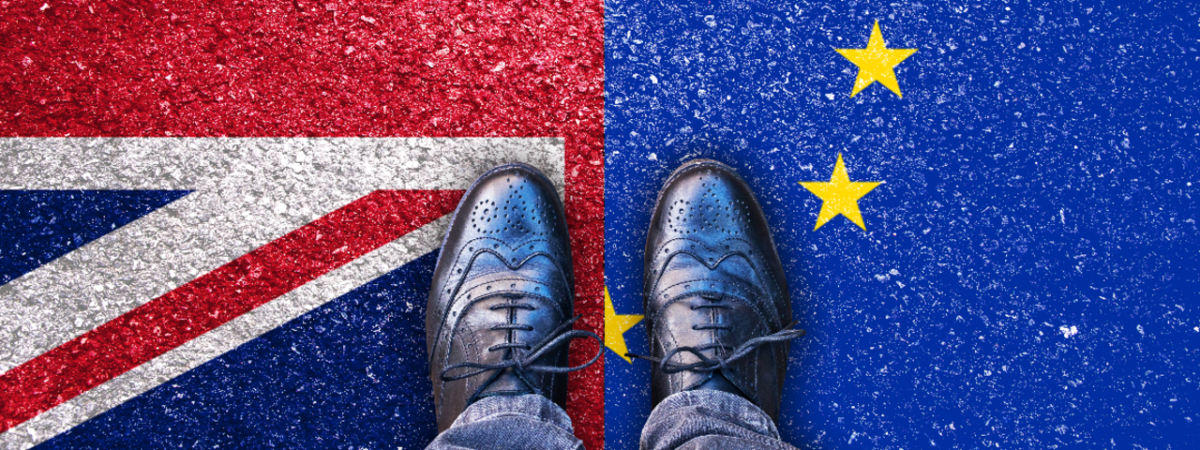The Nanny State Index – whatever happened to ‘liberal Britain’
SUGGESTED



It is not just Britain suffering from a bout of coercive paternalism. The nanny state bug has infected most of Europe. Of the 28 EU countries included in the index, all but six have a higher score than they did last year. There have been slivers of liberalisation, such as the legalisation of e-cigarettes in Denmark and Belgium. In Slovakia, cyclists are now permitted to drink a pint of beer before using a cycle lane. Finland has repealed its tax on ice cream. But these are slim pickings. Overall, the picture is gloomy.
Vapers have been particularly badly hit. When we compiled last year’s index, only one country taxed e-cigarette fluid. That number has now risen to six and seems likely to rise further as governments scramble for money to offset falling tobacco revenues. The number of countries that ban the use of e-cigarettes indoors has risen to eleven. And thanks to a new EU directive, a wide range of vaping products are now illegal, along with most e-cigarette advertising.
Vaping is the only area where Britain performs relatively well. In last year’s index it scored a perfect zero for e-cigarette regulation. That has now changed thanks to the EU but Brussels cannot be blamed for Britain’s dismal showing in the broader league table. Even if we repealed every EU lifestyle regulation after Brexit, we would only drop from second to third. The truth is that UK politicians have been eager cheerleaders for the nanny state for more than a decade, gold-plating EU directives and championing excessive regulation of their own.
The latest brainwave of the ‘public health’ lobby is taxing fizzy drinks, but Britain is not alone in capitulating to the fanatics on this issue. A regressive tax on soft drinks is already in place in France, Finland and Hungary, with Portugal and Ireland lining up to follow suit. All over Europe, there are ‘public health’ campaigners calling for higher taxes and more bans. France banned free refills of sugary drinks earlier this year. In January, the Greeks introduced a tax on wine for the first time. The Czech Republic, a smokers’ haven for decades, will introduce a smoking ban later this month. The EU has banned small packs of cigarettes and rolling tobacco, with a ban on menthol cigarettes starting in 2020. Irish politicians want to put curtains around alcohol in shops. Happy hours are illegal in French and Finnish pubs. Hungary has a food tax so extensive that it seems to apply to everything apart from celery.
Much of the nanny state agenda is a moralistic tax-grab but since it is ostensibly carried out in the name of public health, it is worth noting that there is no correlation between Nanny State Index scores and life expectancy, no correlation between tobacco control scores and smoking rates, and no correlation between alcohol control scores and binge-drinking. Moreover, countries with the toughest anti-obesity policies do not have lower rates of obesity. It is more difficult to evaluate anti-vaping policies as it is not obvious what they are trying to achieve, but if the aim is to somehow improve health, they have failed.
Despite all the pain for little or no gain, the nanny state shows no sign of retreating. As C.S. Lewis once observed, ‘those who torment us for our own good will torment us without end for they do so with the approval of their own conscience.’ Sensible, law-abiding Englishmen may no longer pass through life without noticing the existence of the state, but we should aim to become a little less like Finland and a little more like Germany and the Czech Republic.




